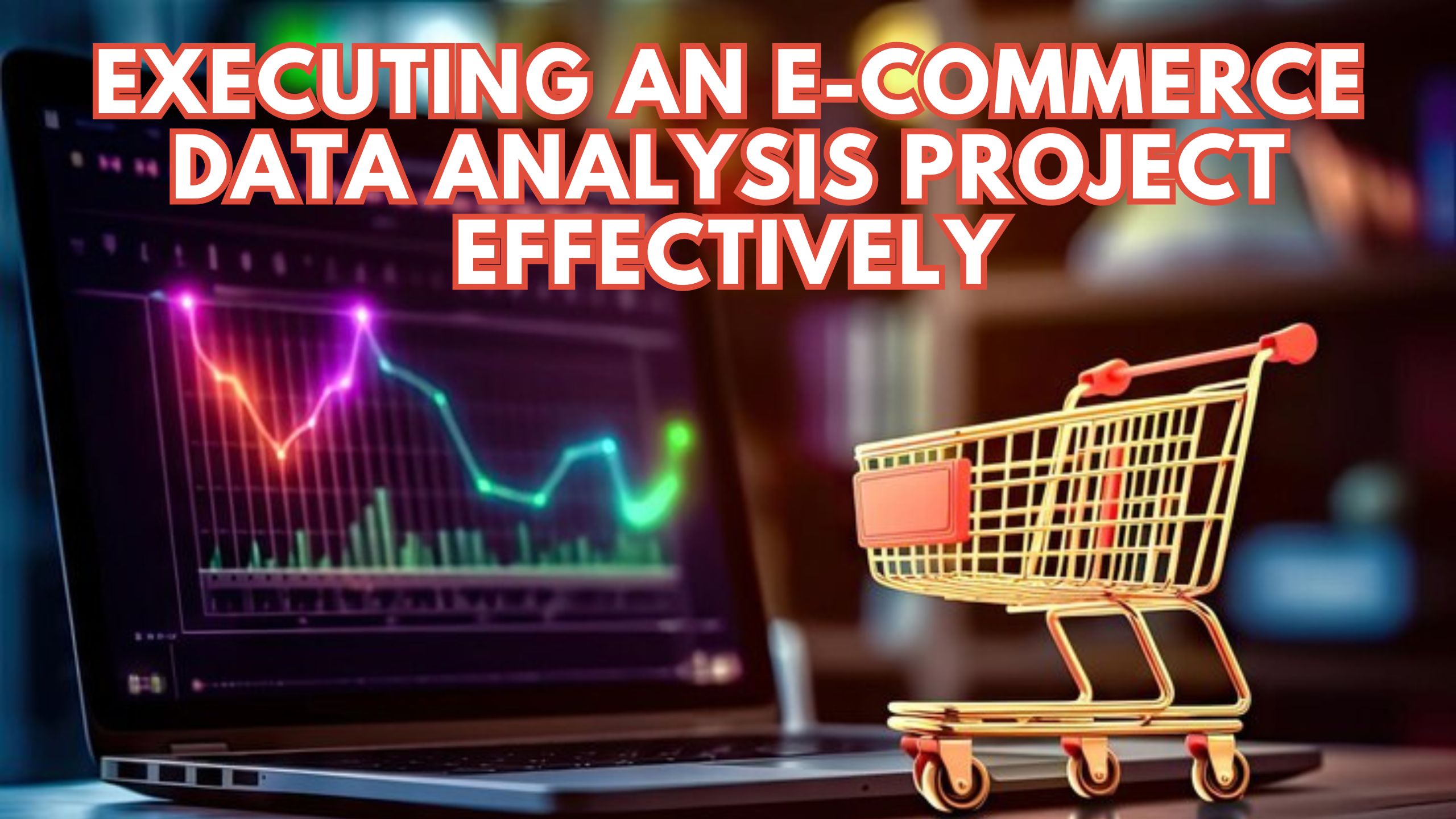Executing an E-commerce Data Analysis Project Effectively
- Data as a Service (DaaS) Software Marketing & Analytics


Executing an E-commerce Data Analysis Project Effectively
In the realm of e-commerce, effective data analysis is paramount. Dive into this comprehensive guide for insights on optimizing your e-commerce data analysis project.
Understanding the Importance of E-commerce Data Analysis
In today’s competitive e-commerce landscape, understanding the importance of data analysis is paramount for sustainable growth. E-commerce data analysis goes beyond mere numbers; it serves as the backbone of strategic decision-making and business optimization. Here’s a closer look at its significance:
1. Informed Decision-Making
E-commerce data analysis provides actionable insights that empower decision-makers to navigate the market intelligently. By scrutinizing consumer behavior, purchasing patterns, and product performance, businesses can make informed choices, optimizing their offerings and marketing strategies.
2. Enhanced Customer Experiences
Delving into customer data allows businesses to understand preferences, pain points, and expectations. By tailoring product offerings, promotions, and communication strategies, e-commerce platforms can create personalized experiences that resonate with their target audience, fostering loyalty and satisfaction.
3. Maximizing Profitability
Efficient data analysis uncovers hidden revenue streams and cost-saving opportunities. By identifying high-performing products, optimizing pricing strategies, and minimizing inefficiencies, e-commerce businesses can maximize their profitability and achieve sustainable financial growth.
4. Adapting to Market Trends
E-commerce data analysis serves as a compass for navigating market trends. By monitoring industry shifts, consumer preferences, and emerging technologies, businesses can proactively adapt their strategies, staying ahead of the competition and positioning themselves as industry leaders.
5. Optimizing Marketing ROI
Understanding the effectiveness of marketing campaigns is crucial for allocating resources wisely. Data analysis allows businesses to evaluate the performance of various marketing channels, identify high-converting campaigns, and allocate budgets strategically for optimal return on investment (ROI).
Choosing the Right SaaS Products for E-commerce Data Analysis
- Google Analytics: The go-to tool for web analytics, providing in-depth insights into user behavior and website performance.
- Tableau: Empower your team with powerful data visualization, facilitating a deeper understanding of e-commerce trends and patterns.
- Looker: Unlock actionable insights with this data exploration and business intelligence platform, tailored for e-commerce analysis.
- Mixpanel: Dive into user-centric analytics, understanding customer journeys and behaviors for strategic decision-making.
- BigQuery: Google’s fully-managed, serverless data warehouse, enabling seamless and efficient analysis of large e-commerce datasets.
Conclusion
Effective e-commerce data analysis is a game-changer. Elevate your business strategies with data-driven decision-making, optimizing every aspect of your online store.
Unlock Savings and Manage Your SaaS Stack with Subscribed.fyi
Explore exclusive deals on 100+ SaaS tools, saving over $100,000 per year. Sign up for free to effortlessly manage and compare your subscriptions with Subscribed.fyi.








